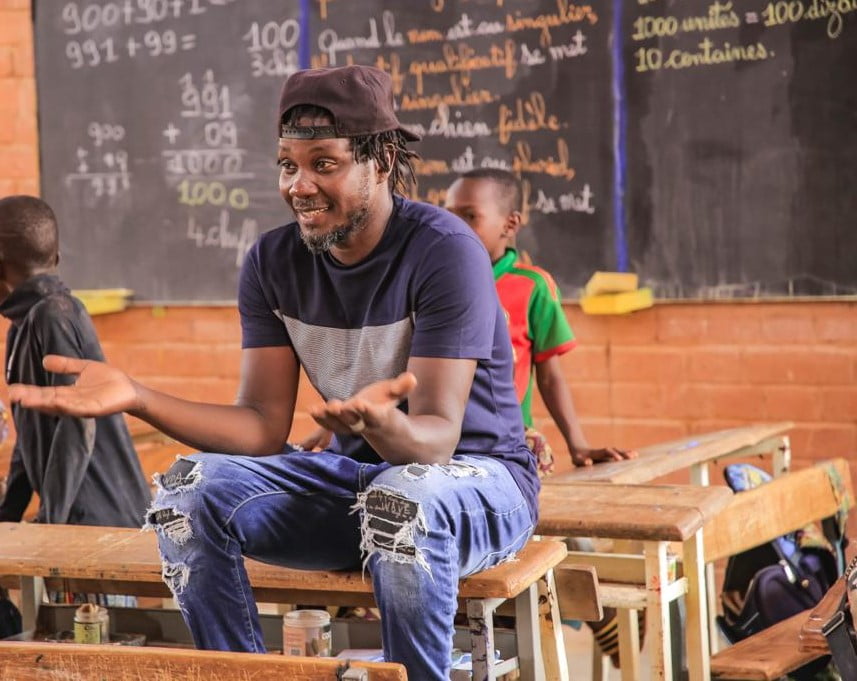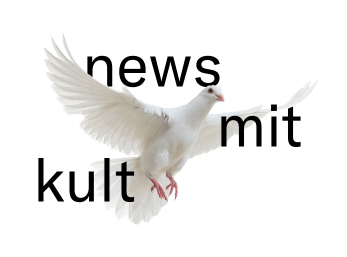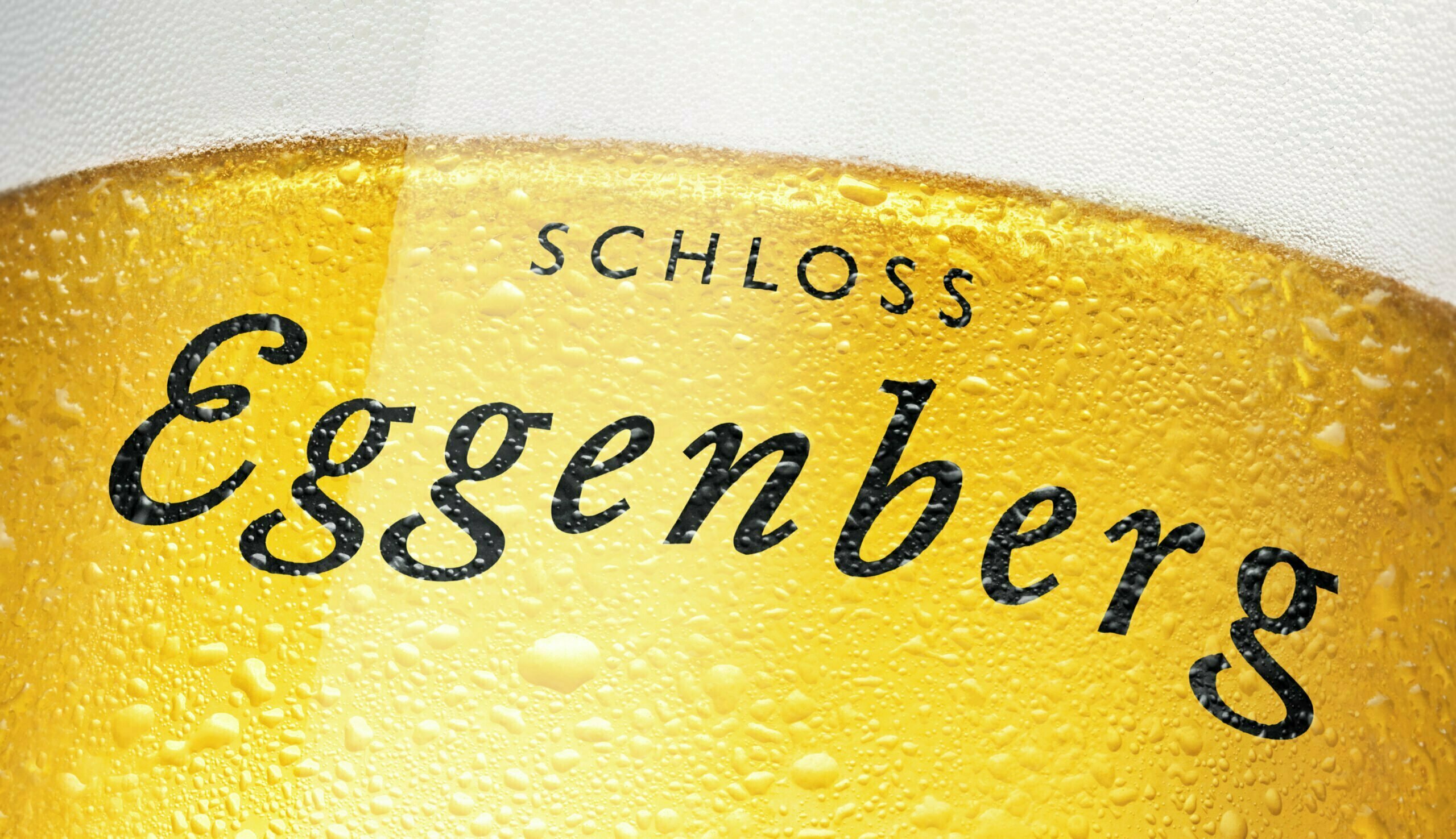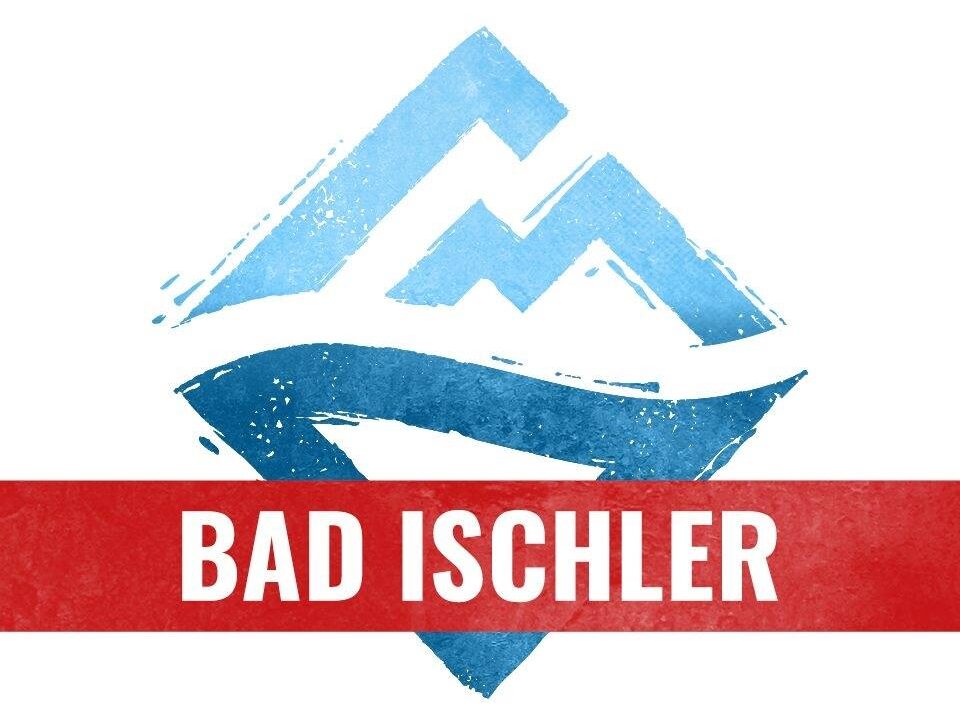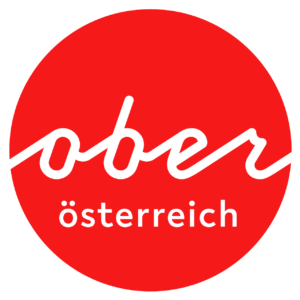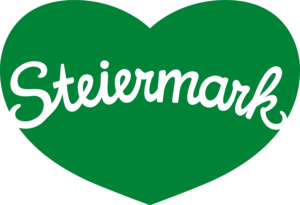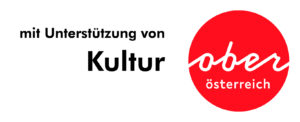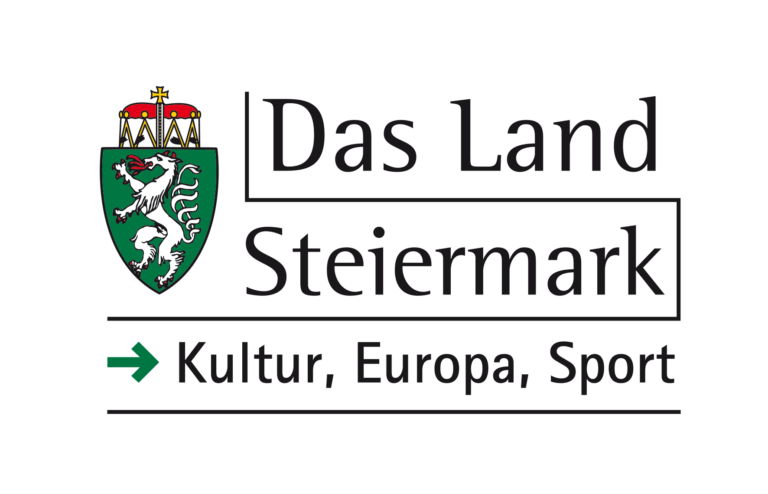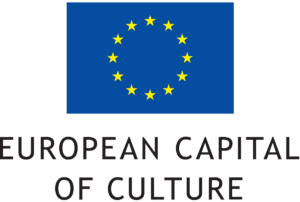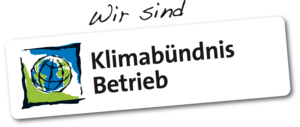How to break old patterns and reshape them? Artistic partners from Europe and Africa jointly develop new strategies for creative collaboration. Bad Ischl Salzkammergut 2024 is organizing this multi-year dialogue format together with Christoph Schlingensief’s Operndorf Afrika in Burkina Faso. In addition to artistic activities such as residency programmes, the aim is also to promote cultural policy activities. For example, the “ARNIE Handbook” for better international relations was developed by expert Sylvia Amann (inforelais)*. Building bridges between the continents encompasses social, ecological and spatial dimensions: Interdependencies become visible and at the same time create a current understanding to redefine the future together.
Building the missing links with culture: Common Africa-Europe Europe-Africa Policy Recommendations
We need an optimistic (policy) vision based on good relations between both continents (and beyond). Culture has a huge and still widely untapped potential for positive change. Positive impacts from intercontinental relations must be experienceable for citizens on both continents. Cultural relations can bring on board the people by providing access to the beauty of the continents and safe spaces of interaction. Huge potential lies in better access to international earning opportunities in and with creative sectors as well as modernisation of (culture) governance based on common needs.
We provide a model for updated eco-systems for cooperation, a set of 30 concrete actions and guidance for the next steps for common engagement of policy-makers and stakeholders from both continents.
Partner*innen
African Capitals of Culture (Africapitales/UCLG-A, panafrican), Art Transparent Wroclaw (PL), Arts and Theatre Institute (CZ), Bodø 2024 (NO), Bad Ischl Salzkammergut 2024 (AT), Culture Funding Watch (TN), Croatian National Theatre (HR), Festival sur le Niger (ML), Goethe Institut Madrid (DE/ES), Institute of Transmedia Design (SI), Les Récréâtrales (BF), Nafasi Art Space (TZ), National Kaunas Drama Theatre (LT), On-the-Move.org (EU/international/BE), Operndorf Afrika (BF), Pro Progressione (HU), Raw Material Company (SN), Rwanda Arts Initiative (RW) und Women’s History Museum of Zambia (ZM), Tunisian National Theatre (TN), Barefeet Theatre (ZM)
3 Project phases:
Bad Ischl Salzkammergut 2024 and Opera Village Africa
1. Writers Residency
The first residency laid the foundation for the multi-year artistic process of Deconfining. In February 2023, the two writers and theatre makers Sidiki Yougbaré (Burkina Faso) and Thiemo Strutzenberger (Austria) worked in Bad Ischl for two weeks. The texts that were created during their stay deal with topics like Remembrance Culture and the (im)possibility of understanding one‘s own history. In cooperation with Freies Radio B138, the texts were also recorded as an audio track as part of the residency: → cba.media
You can find the texts written by the authors Sidiki Yougbaré and Thiemo Strutzenberger during the first Writers Residency here:
→ In box: French, German, English, Mòoré
→ Salz & Pillars: German, English, French
2. Fine Arts Residency
In collaboration with Christoph Schlingensief‘s Operndorf Afrika in Burkina Faso, a three-week Fine Arts Residency at Operndorf Afrika and a four-week Residency at OTELO.ARTmünster in Salzkammergut were organised. The visual artists Ava Binta Giallo (Germany/Guinea) and Thierry Oussou (Benin/Netherlands) worked in dialogue with the texts from the first Writers Residency. The resulting artworks were exhibited at the railway station of Traunkirchen Ort at the beginning of 2024.
3. Theater Residency
In the third phase of the project, a theatre residency, a theatre production based on Strutzenberger‘s and Yougbaré‘s texts was developed. The performance created in collaboration with eight artists from Europe and Africa is incorporating Oussou‘s and Giallo‘s works and is premiering in the framework of the European Theatre Festival in Bad Ischl in October 2024.
Christoph Schlingensief’s Opera Village Africa
The Opera Village Africa is an international, participatory art project that has been developing in Burkina Faso since 2010. Initiated by the German artist Christoph Schlingensief (1960–2010), the site serves as a platform for international and intercultural exchanges, as well as for relevant postcolonial discourses that convey a nuanced image of the African continent. In Burkina Faso, under the management of Aino Laberenz, the project creates sustainable livelihoods based on the local needs of the people. In Europe, under the motto “learning from Africa,” the project simultaneously challenges normative concepts of international development cooperation.
Since then, 26 buildings have been constructed on land provided by the Burkinabe government in collaboration with architect Francis Kéré. These include a primary school with a cafeteria, a library, a health clinic, a recording studio, and guest houses for international artists. A team of 22 employees from Burkina Faso provides a wide range of services in the areas of art, education, and health. In the elementary school of the Opera Village, the approximately 300 pupils are offered a wide range of artistic workshops in addition to their regular lessons. Moreover, a monthly cultural open to the entire Ziniaré region is presented in the Opera Village. KIFIFE, the first children‘s film festival on the African continent, has also been held annually in the Opera Village since 2019.
The Artist-in-Residence program annually invites international artists to use the Opera Village as a living and working space, fostering collaboration with local artists, artisans, and the community. The program is accompanied by exhibitions and discourse events that facilitate critical dialogue on the potential of intercultural exchange.
Bodø 2024
Bodø in the north of Norway is the first European Capital of Culture above the Arctic Circle. In 2024, Bodø and the Nordland region will be connected to Europe and the whole world. ARCTICulation is the title of Bodø‘s European Capital of Culture. The Bodø 2024 programme aims to celebrate and reflect the qualities of the Arctic: its unique relationship with land, sea and nature. Its unknown and exciting history. Its ingenuity, resilience and imagination. Bodø aims to communicate values to visitors to the Arctic by offering an ambitious and innovative cultural programme.
Festival sur le Niger
was established in August 2009 with the aim of contributing to the promotion of African and local culture, the preservation of cultural heritage, the promotion of the local economy of the region, the structuring of the cultural sector, cultural production and the decentralisation of cultural life.
The foundation combines several art and cultural development programmes to promote local development. These programmes influence and stimulate each other. The Foundation‘s programmes are: 1) Ségou‘ Art – Festival sur le Niger; 2) Development of the local economy; 3) Research and development; 4) Social cohesion and sustainability.
